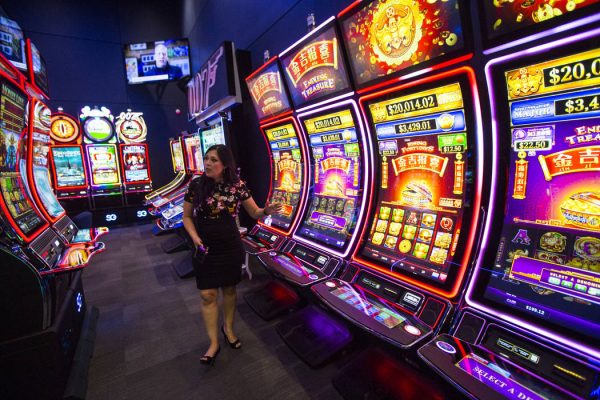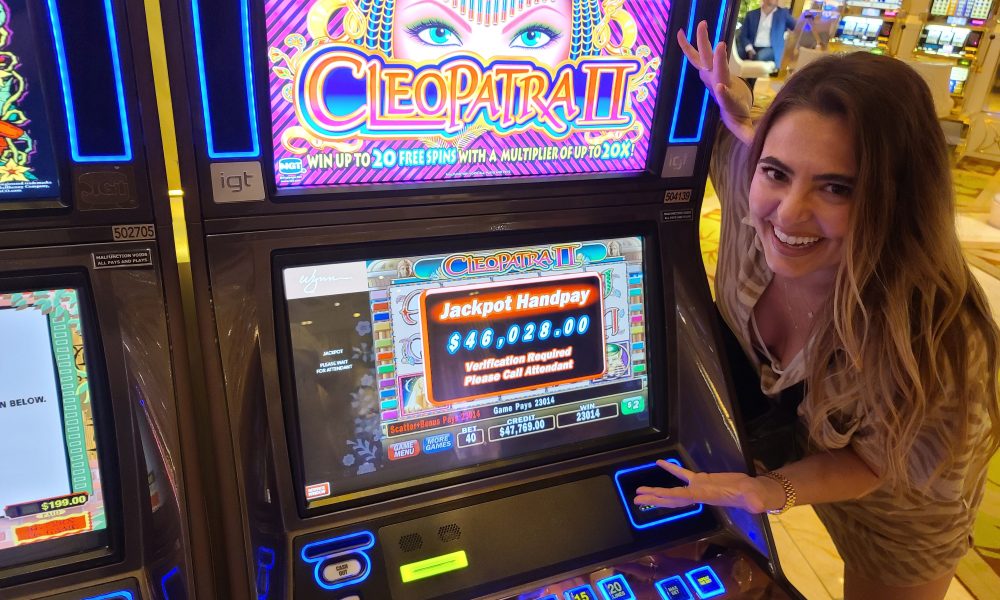Nostalgia, a sentimental longing for the past, triggers robust emotional responses in consumers. Research has shown that nostalgic feelings can increase optimism, reduce feelings of loneliness, and even temporarily alleviate existential concerns. In the context of gambling, these positive emotional associations create an environment where players feel comfortable and connected to something familiar, potentially increasing session times and return visits.
The timing of this trend is no coincidence. Consumers typically respond more to nostalgia-based marketing during economic uncertainty or social disruption. Online slot developers have recognized this pattern and capitalized on it by creating games that serve as digital comfort food. These familiar experiences transport players to simpler, more carefree times.
Pop culture licensing
Licensed content has become a cornerstone of nostalgia-based slot development. Major studios have secured rights to beloved properties from film, television, music, and gaming to create slots that leverage pre-existing emotional connections. These range from classic rock bands like Guns N’ Roses and Motörhead to iconic films like Jurassic Park and The Goonies.
https://www.flashpointacademy.com offers detailed gameplay analyses that create engaging game experiences. Their research explores how familiar characters and narratives can influence player behaviour and engagement with gambling products.
The integration of these properties goes beyond simple visual representation. The best nostalgia-based slots incorporate authentic audio clips, video sequences, and narrative elements that truly capture the essence of the original property. When players trigger a bonus round featuring their favorite movie character or hear the authentic chorus of a beloved song, the emotional impact significantly enhances the gaming experience.
Mechanical throwbacks to classic gambling
Nostalgia in online slots isn’t limited to pop culture references; it manifests through gameplay mechanics that deliberately evoke traditional gambling experiences. Many digital slots feature simplified three-reel layouts reminiscent of classic mechanical slot machines, with traditional symbols like bars, sevens, and cherries.
Some developers have gone further by recreating the physical sensations of vintage gambling. Digital renderings of mechanical reels that visibly spin and stop with realistic motion, authentic sound effects of coins dropping into metal trays, and even simulated cabinet artwork all contribute to a sensory experience that transports players back to brick-and-mortar casinos or pub fruit machines.
Generation-specific targeting

The nostalgia approach is efficient because it fits different age demographics. Developers can precisely target generational touchpoints:
- Baby Boomers might be attracted to slots featuring 1960s counterculture themes, classic rock, or television shows from their formative years
- Gen X players respond to 1980s coming-of-age films, early video game aesthetics, and the music of their youth
- Millennials engage with slots based on 1990s cartoons, early internet culture, and the toys that defined their childhood
This generational targeting allows casino operators to segment their marketing efforts and create specialized offerings for different player demographics, maximizing the emotional impact across their entire user base.
As younger generations mature into gambling age, we’re beginning to see the emergence of nostalgia targeting that might seem surprisingly recent to older players. References to early smartphone games, social media platforms, and 2000s pop culture are starting to appear in slot content, reflecting the shifting definition of nostalgia for different age groups. For players, these nostalgic elements add enjoyment beyond the core gambling experience. Returning to formative experiences and cherished memories is more than a chance to win money. Numbness remains a powerful tool for online gambling, adapting to meet the needs of new generations.


